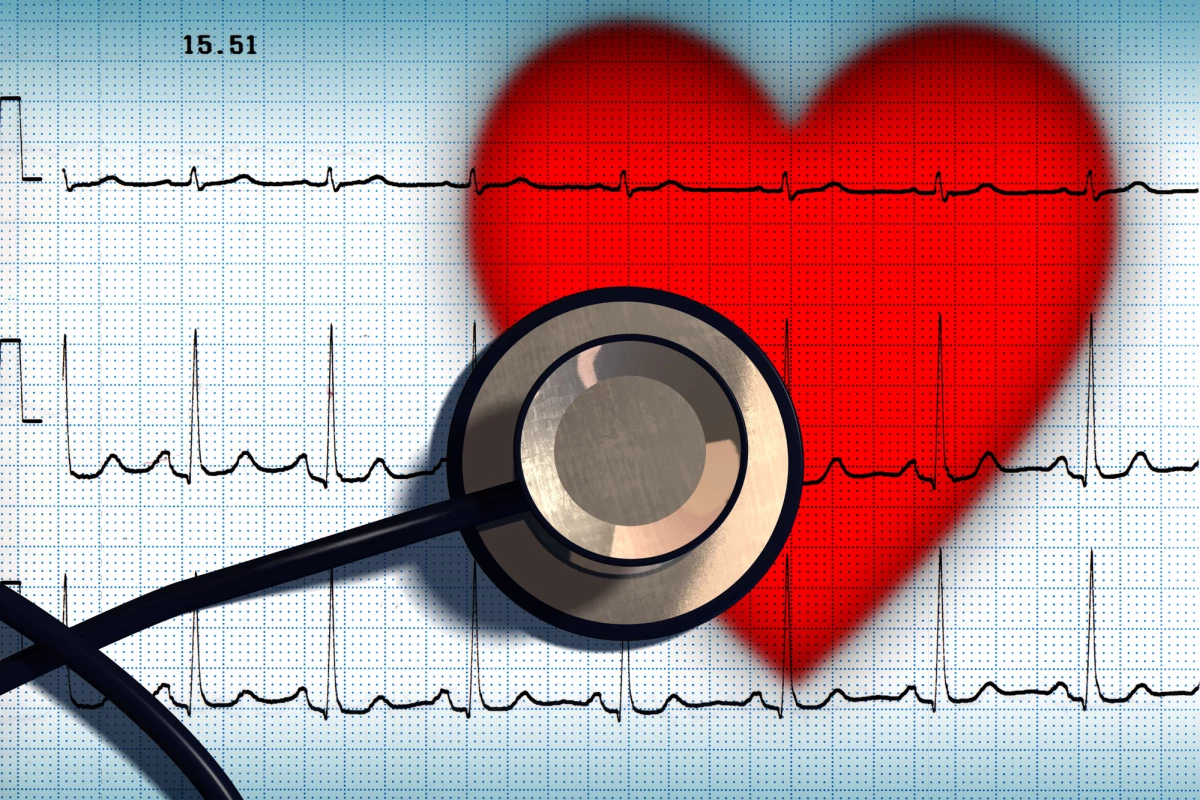A pair of newly published studies in the journal JAMA Cardiology highlight the potential for long-term heart complications in recovered COVID-19 patients. The research suggests the virus can directly damage cardiovascular muscles with ongoing inflammation detectable months after recovery, even in patients originally suffering a mild form of the disease.
While much attention has been focused on the volume of deaths caused by COVID-19, now that we are six months into this global pandemic researchers are beginning to see signs of chronic health problems in recovered patients. Only now are clinicians starting to get a glimpse at the potential persistent health consequences of this new virus, and two new studies offer insights into the cardiovascular impact of COVID-19.
Back in March it was quickly apparent that patients with underlying cardiovascular disease were more likely to suffer a fatal outcome from COVID-19. However, it was unclear whether the virus was directly damaging myocardial cells, or whether there was longer-term cardiovascular damage following recovery.
The first new study investigated 100 recovered COVID-19 patients (median age of 49 years old), an average of 71 days after initial diagnosis. Using cardiac magnetic resonance imaging (CMR) the study detected cardiovascular abnormalities in 78 percent of the recovered patients. Signs of myocardial inflammation were detected in 60 percent of the subjects. These abnormal results were compared to a healthy age-matched control group, and independent of any cardiovascular disease diagnosed before the patients presented with COVID-19.
Most notably, only 33 percent of the cohort studied required hospitalization during the course of their COVID-19 infection. This suggests a degree of cardiovascular damage seems to result from the disease regardless of the severity of the acute illness or the presence of any pre-existing conditions.
“Our findings demonstrate that participants with a relative paucity of preexisting cardiovascular condition and with mostly home-based recovery had frequent cardiac inflammatory involvement, which was similar to the hospitalized subgroup with regards to severity and extent,” the researchers write in the study.
The study notes that it is possible these abnormal CMR findings were present prior to COVID-19 infection, however, it is also likely that the viral infection amplified any pre-existing cardiovascular damage. It is also unclear whether these post-COVID-19 cardiovascular effects are permanent or have long-term health consequences.
The second new study looked closely at heart tissue gathered during autopsies of 39 COVID-19 patients. The average age of the patients was 85, and the most commonly listed cause of death was pneumonia.
Traces of SARS-CoV-2, the virus that causes COVID-19, were found in heart tissue of more than 60 percent of the subjects. Sixteen of the subjects were found to have clinically significant levels of viral load in their heart tissue at the time of death.
Again, there is no evidence at this stage that the viral presence in heart tissue means the disease has any long-term negative cardiovascular effects. But, the two studies combined do suggest this new virus certainly has an effect on the heart.
John Swartzberg, an infectious disease expert from UC Berkeley, says it is becoming increasingly clear COVID-19 is more than just a respiratory disease, and its long-term complications are yet to be seen.
“There is evidence now that the virus can directly attack heart muscle cells, and there’s also evidence that the cytokine storm that the virus triggers in the body not only damages the lungs, but can damage the heart,” says Swartzberg, who did not work on either of these new studies. “We don’t know what the long-term effects of that may be, but it could be that we will have a population of people who survive COVID-19 only to go on and have chronic cardiac problems.”
In a commentary accompanying the publication of the new studies, deputy editor of JAMA Cardiology Clyde Yancy and section editor Gregg Fonarow call for urgent ongoing research to better understand the cardiovascular complications associated with COVID-19, as preparations may be necessary for what could be another dimension to this pandemic crisis.
“We wish not to generate additional anxiety but rather to incite other investigators to carefully examine existing and prospectively collect new data in other populations to confirm or refute these findings,” write Yancy and Fonarow. “… if this high rate of risk is confirmed, the pathologic basis for progressive left ventricular dysfunction is validated, and especially if longitudinal assessment reveals new-onset heart failure in the recovery phase of COVID-19, then the crisis of COVID-19 will not abate but will instead shift to a new de novo incidence of heart failure and other chronic cardiovascular complications.”
The CMR study and the autopsy study were published in the journal JAMA Cardiology.




